World
The modern world cannot be studied without examining the course, impact and legacy of two world wars, the resources in this section set out to look at both the First and Second World Wars in their global context. The section also includes the Cold War and its impact in Latin America, South-East Asia and parts of Africa. This period also sees the rise and fall of European imperialism and the changing nature of global politics and economics as technology brings different stories from so many parts of the world directly to us. Read more
Sort by:
Date (Newest first) | Title A-Z
Show:
All |
Articles |
Podcasts |
Multipage Articles
-

The Olympics - politics, impact and legacy - its not just about the sport
ArticleClick to view -

The Origins of the First World War
ArticleClick to view -

The Origins of the Second Great War
ArticleClick to view -

The Pennsylvanian Origins of British Abolitionism
ArticleClick to view -

The Press and the Public during the Boer War 1899-1902
ArticleClick to view -

The Romanov Tercentenary: nostalgia versus history on the eve of the Great War
ArticleClick to view -
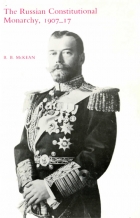
The Russian Constitutional Monarchy, 1907-17
ArticleClick to view -
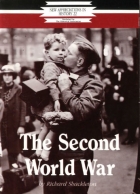
The Second World War
ArticleClick to view -
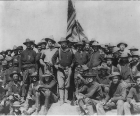
The Spanish-American War revisited: rise of an American empire?
ArticleClick to view -
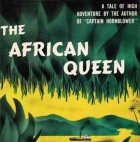
The Story of the African Queen
ArticleClick to view -
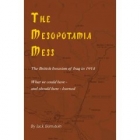
The Story of the First War in The Middle East over Oil
ArticleClick to view -
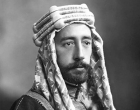
The Sykes-Picot agreement and lines in the sand
ArticleClick to view -
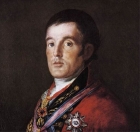
The Undergrowth of History
ArticleClick to view -

The Uses of History in the Twenty First Century
ArticleClick to view -
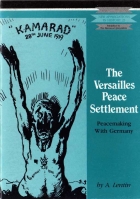
The Versailles Peace Settlement
ArticleClick to view -

The Victorian Age
ArticleClick to view -

The cultural biography of opium in China
ArticleClick to view -

The origins of the Arab-Israeli Conflict
ArticleClick to view -

The rise and fall of Nauru
ArticleClick to view -

The shortest war in history: The Anglo-Zanzibar War of 1896
ArticleClick to view

